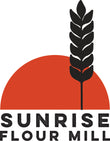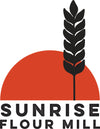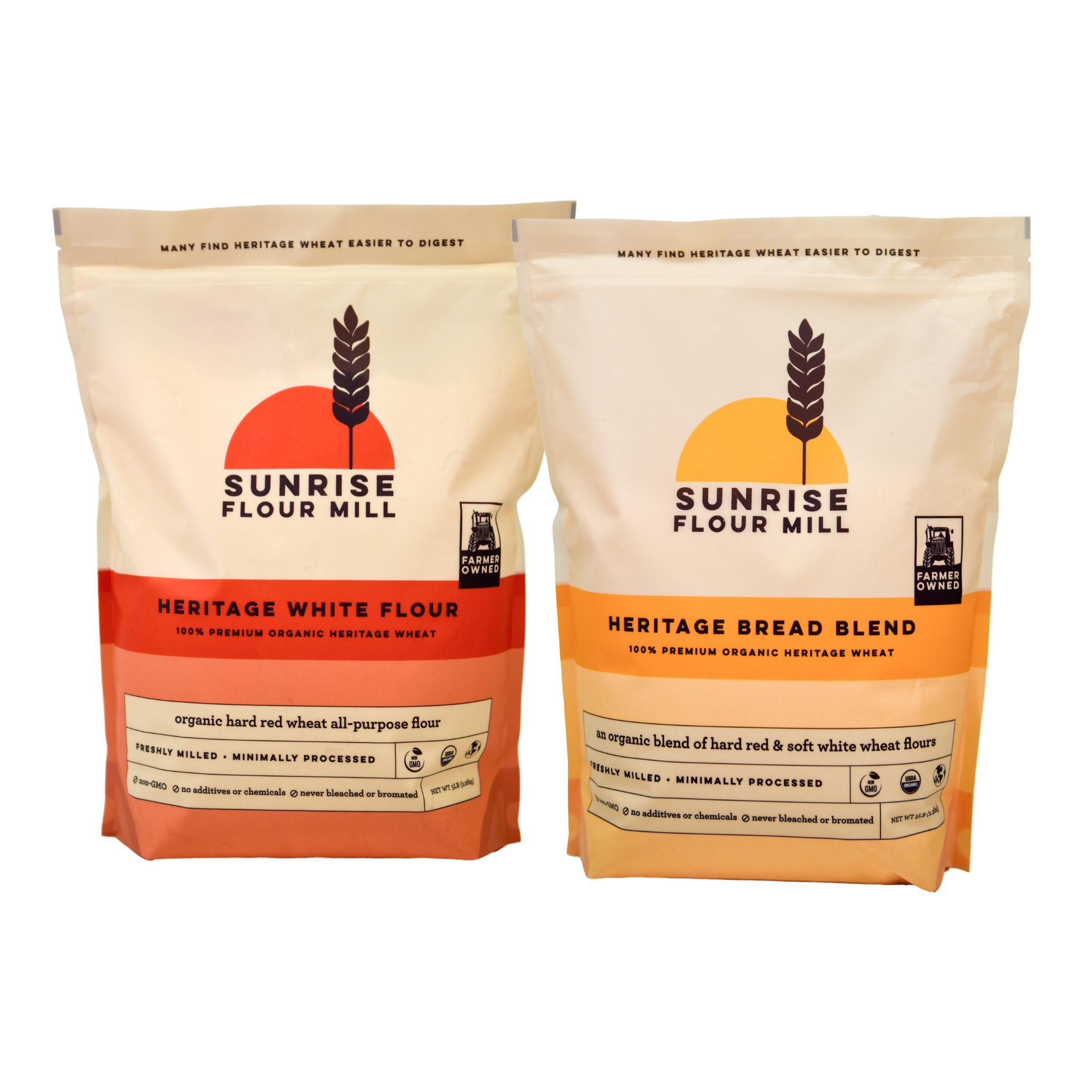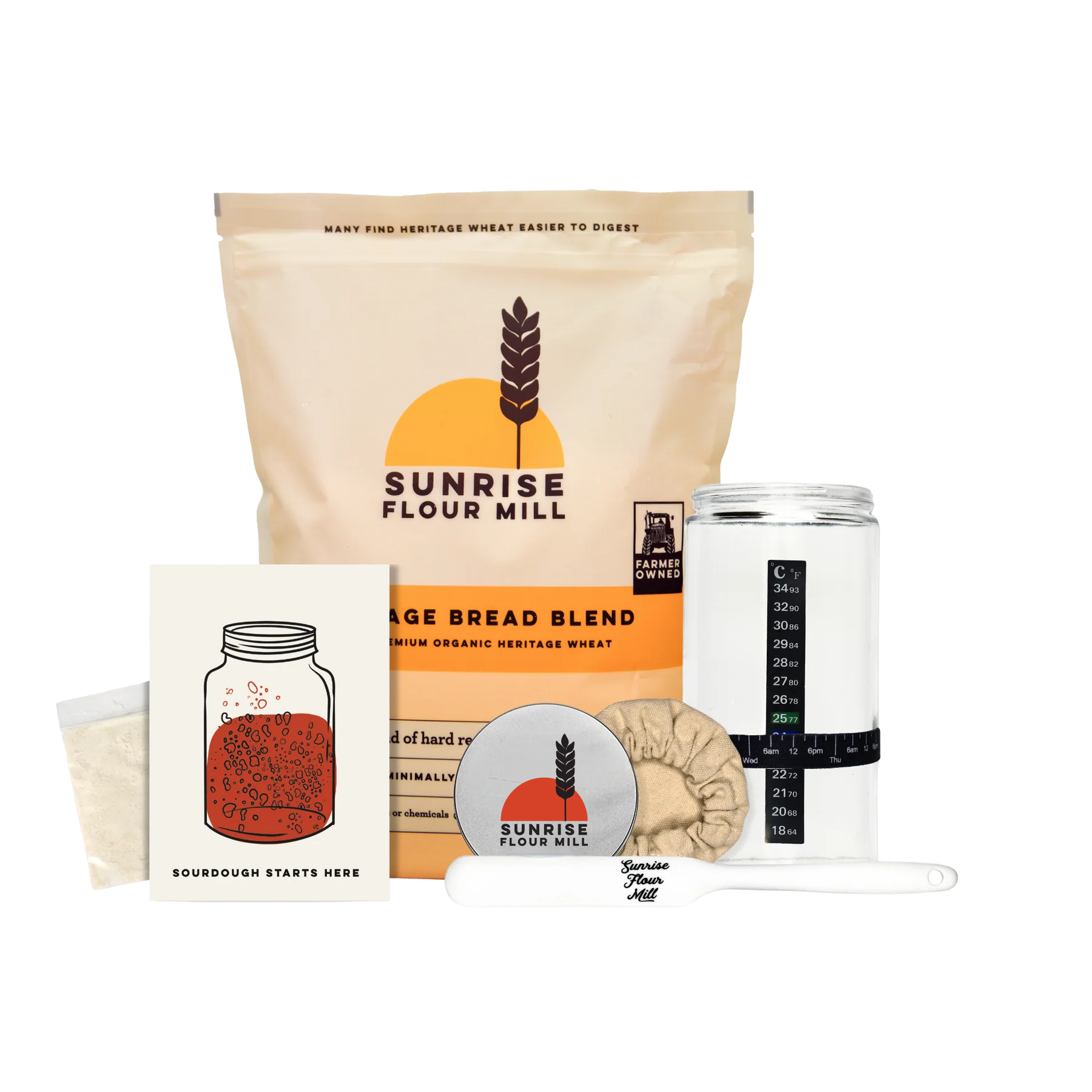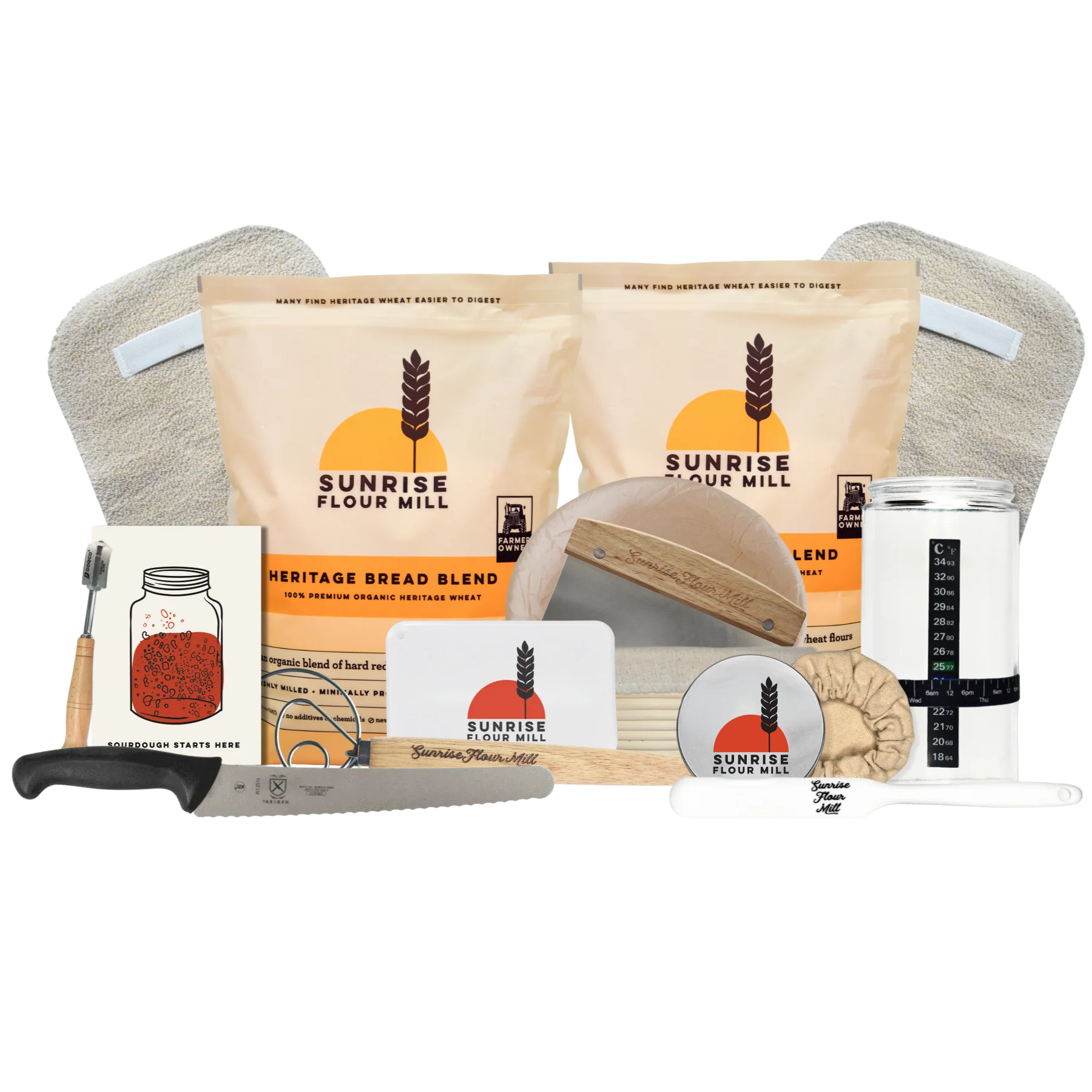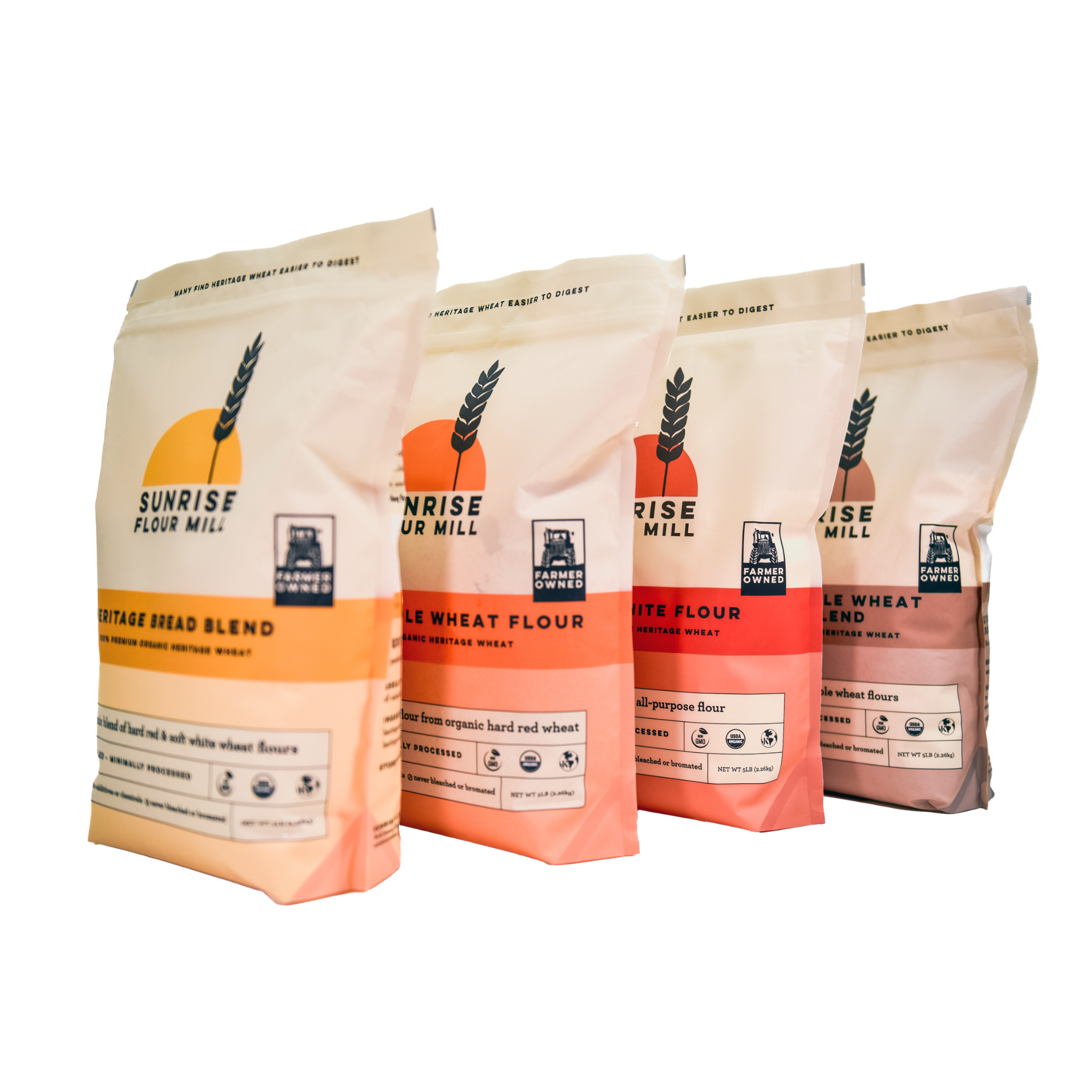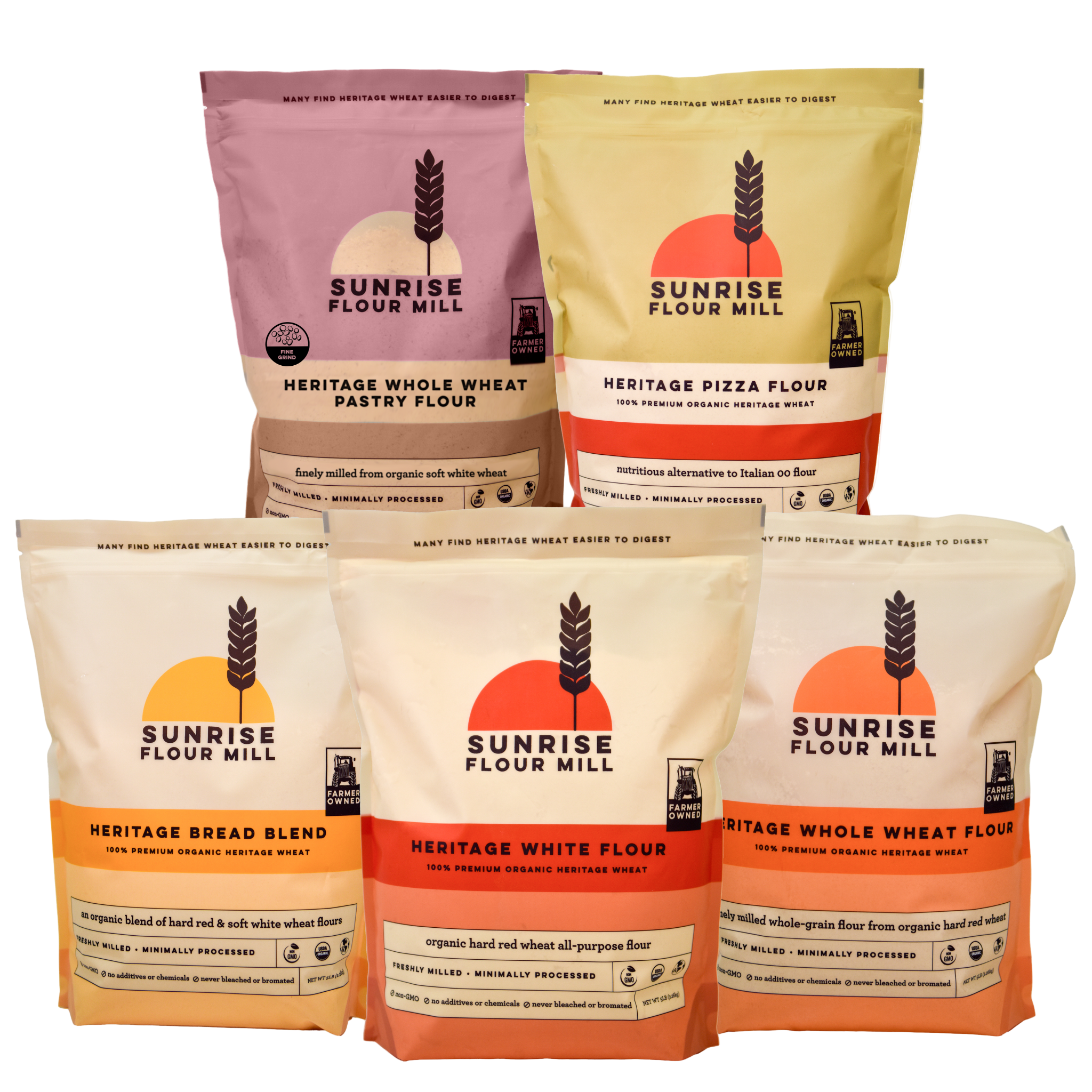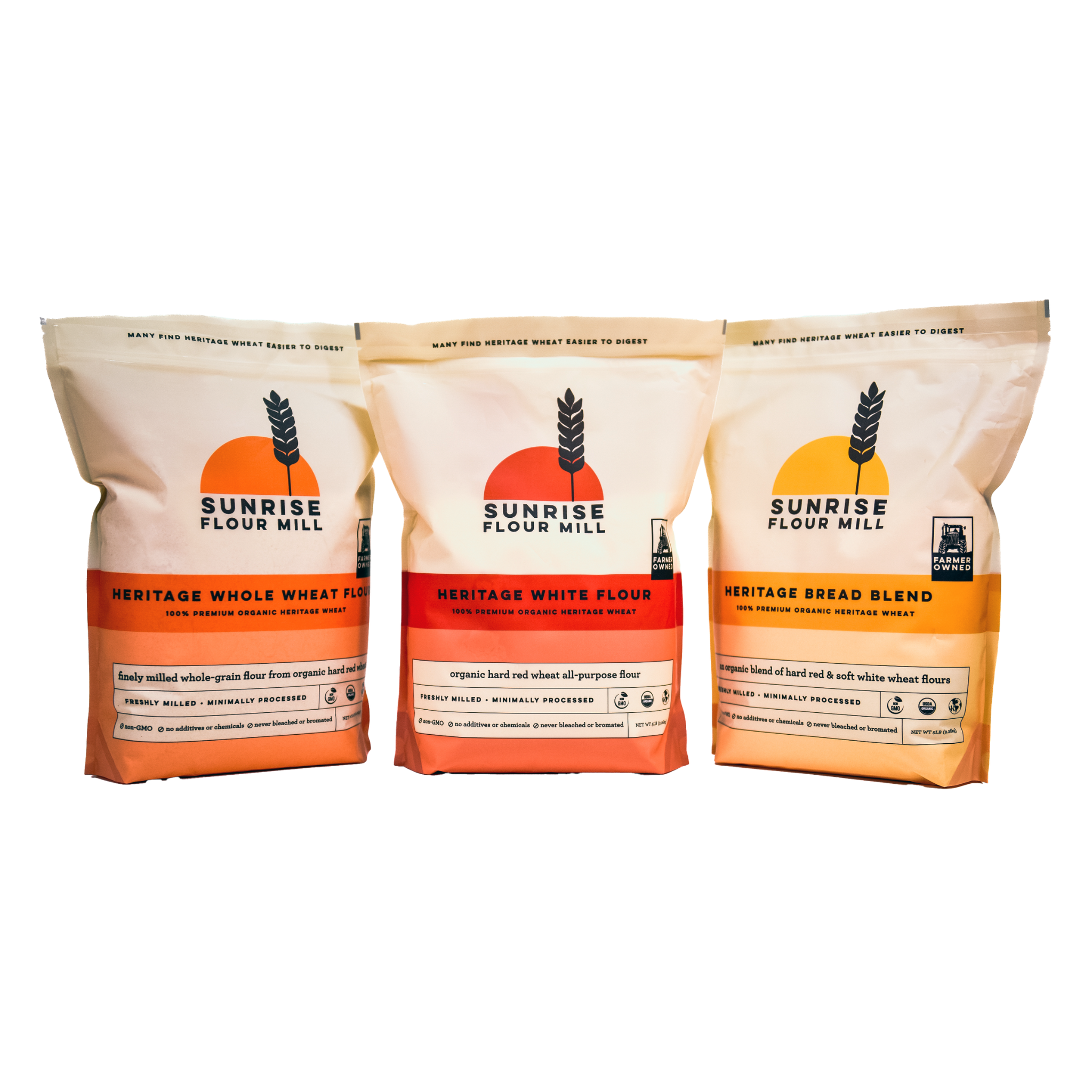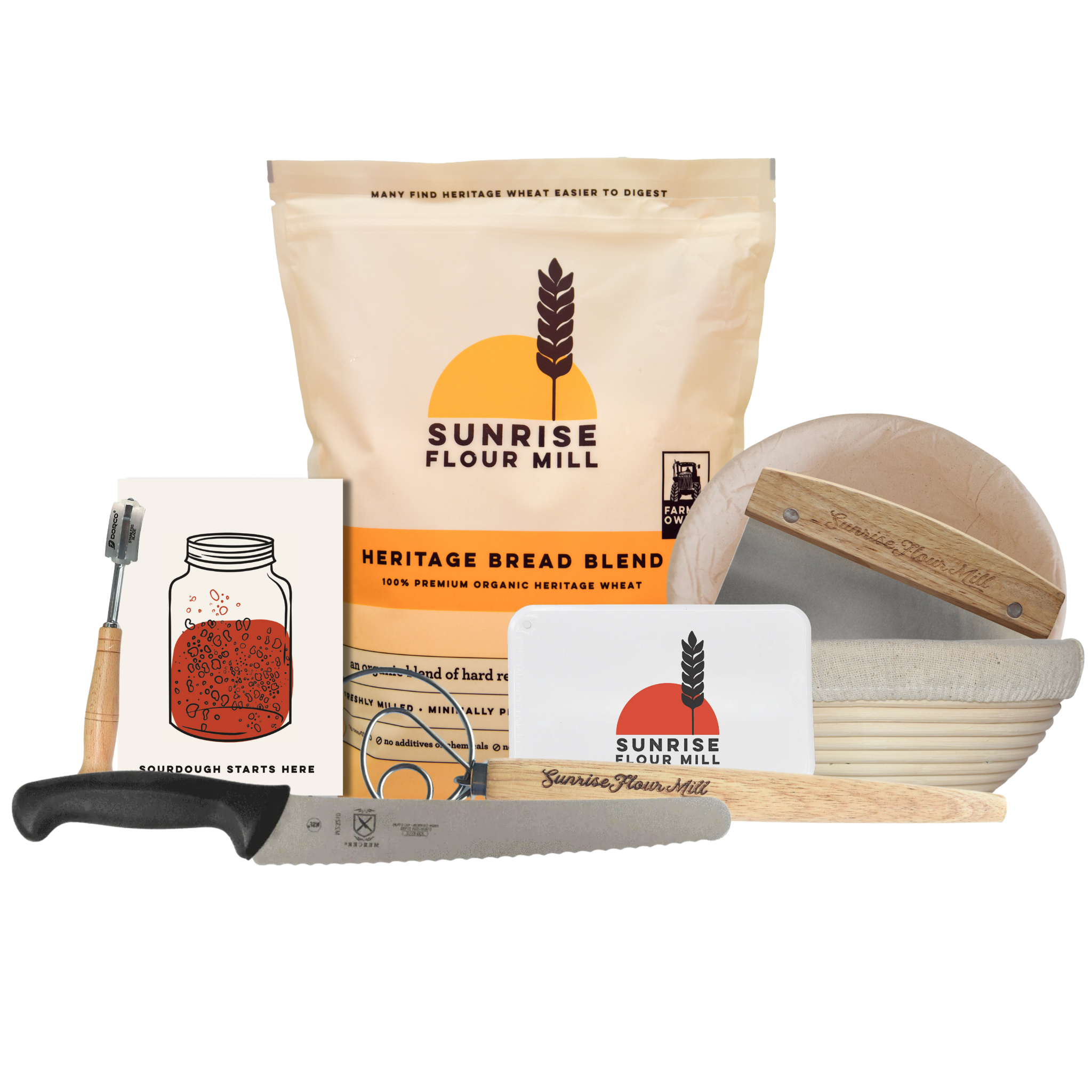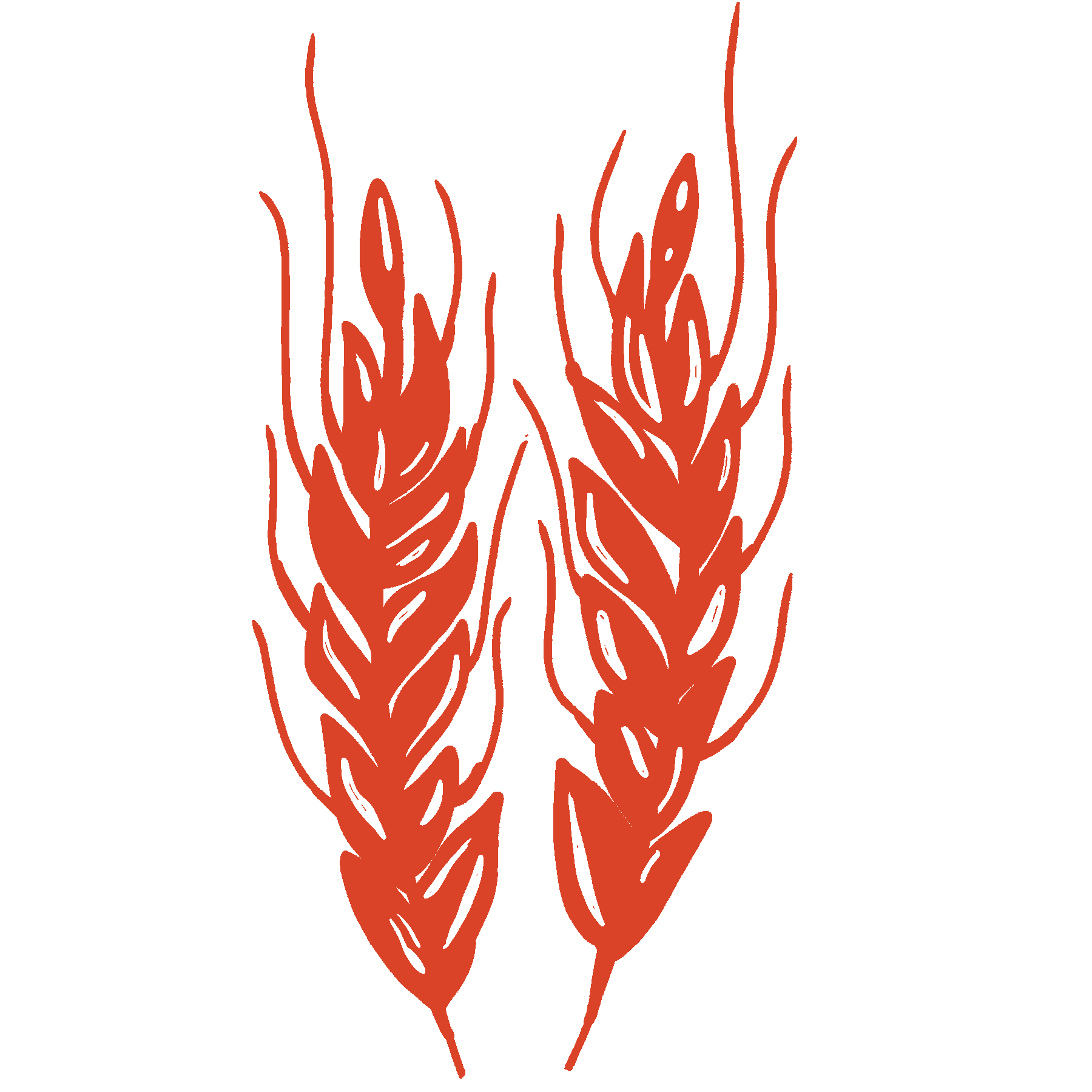
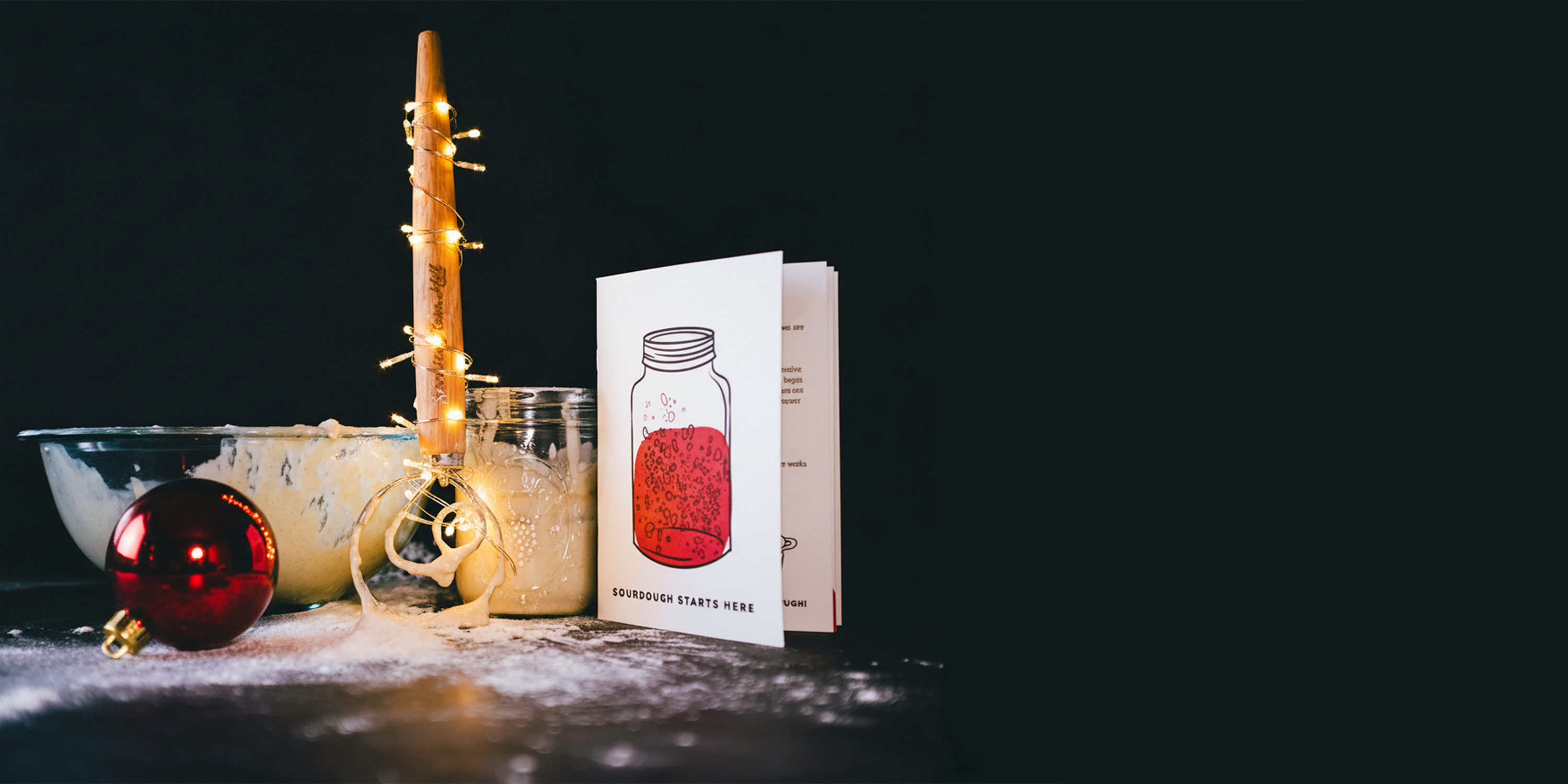
Why Sunrise Flour Mill?
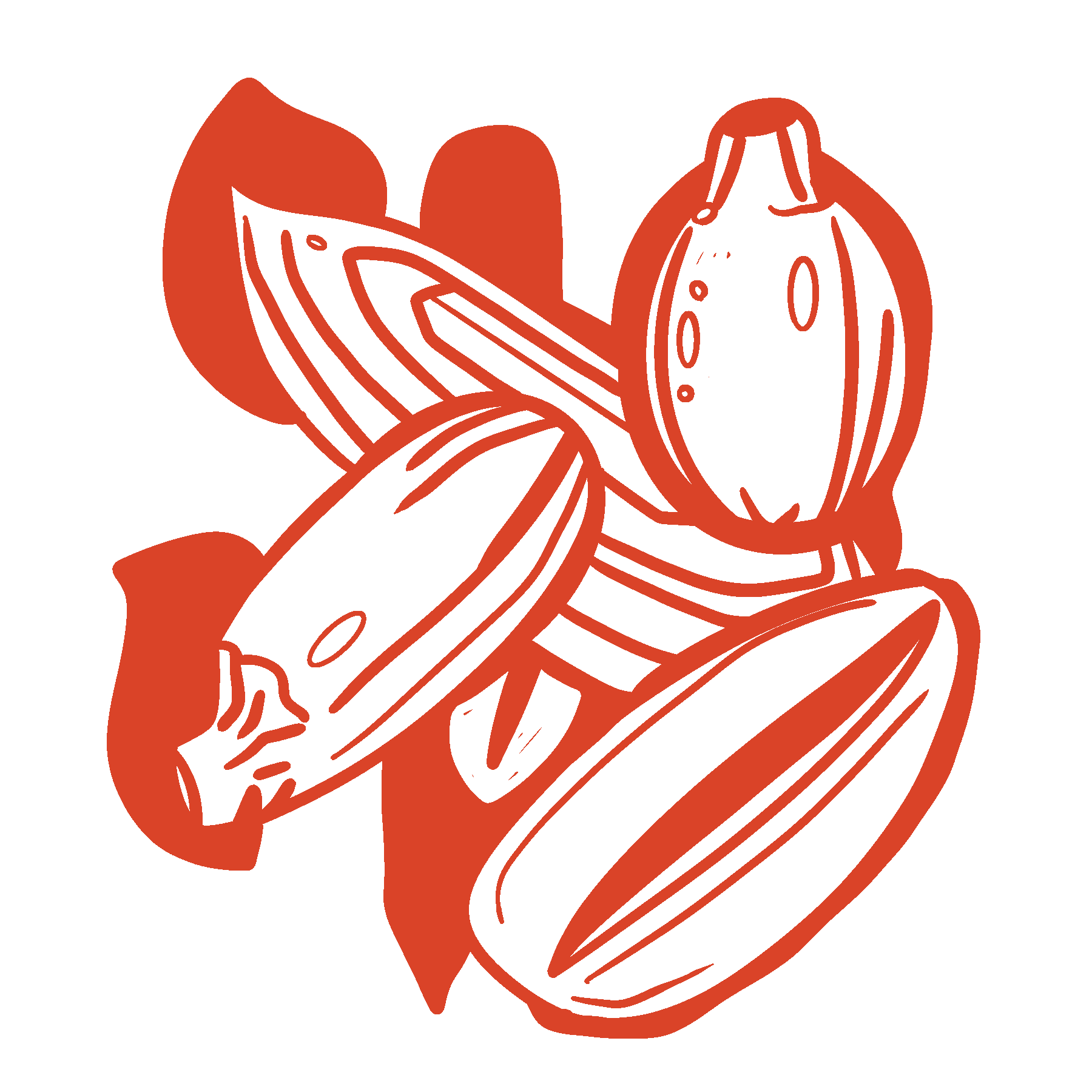
100% Heritage, Organic

Gluten Sensitive Friendly: Easier Digestion
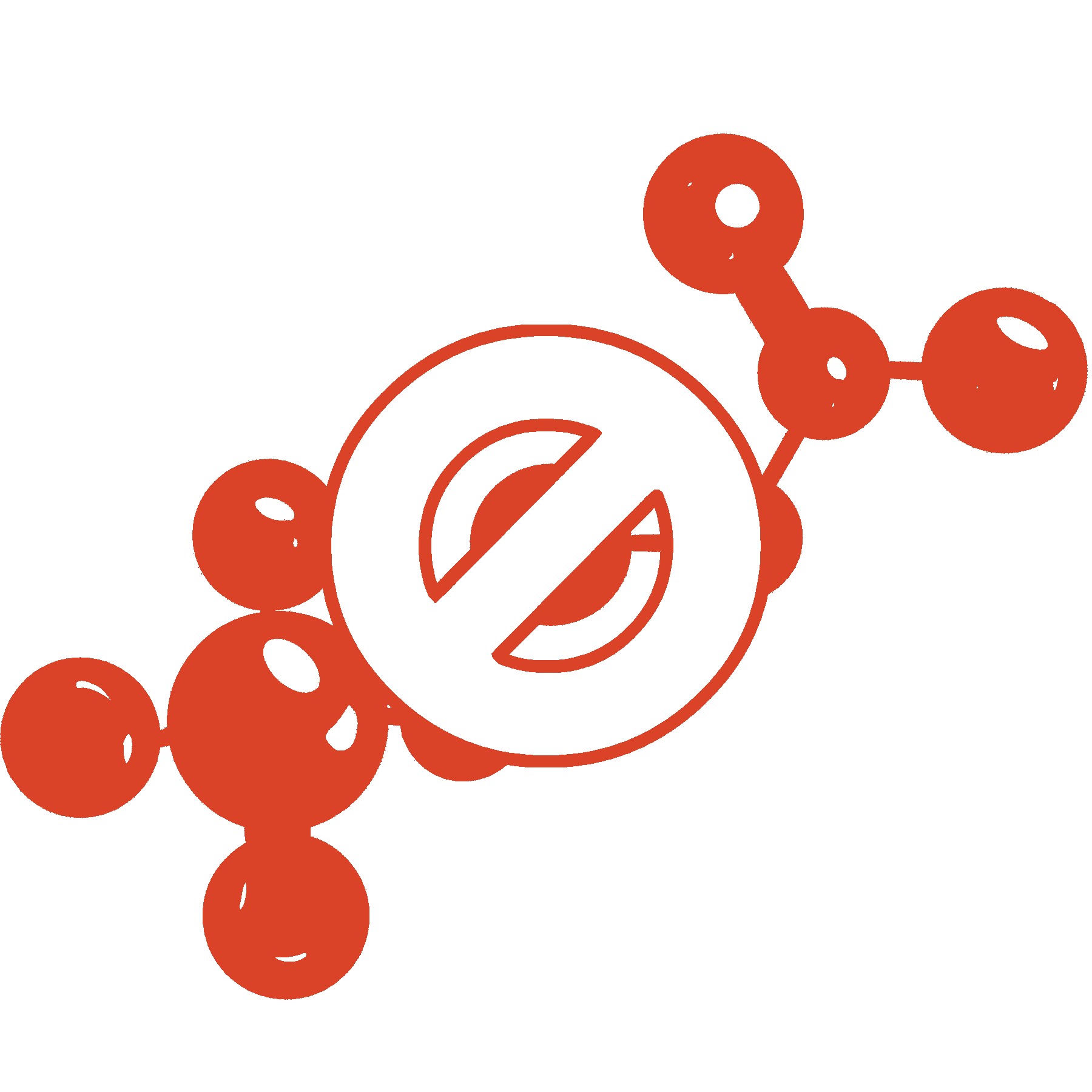
Grown Without Glyphosate
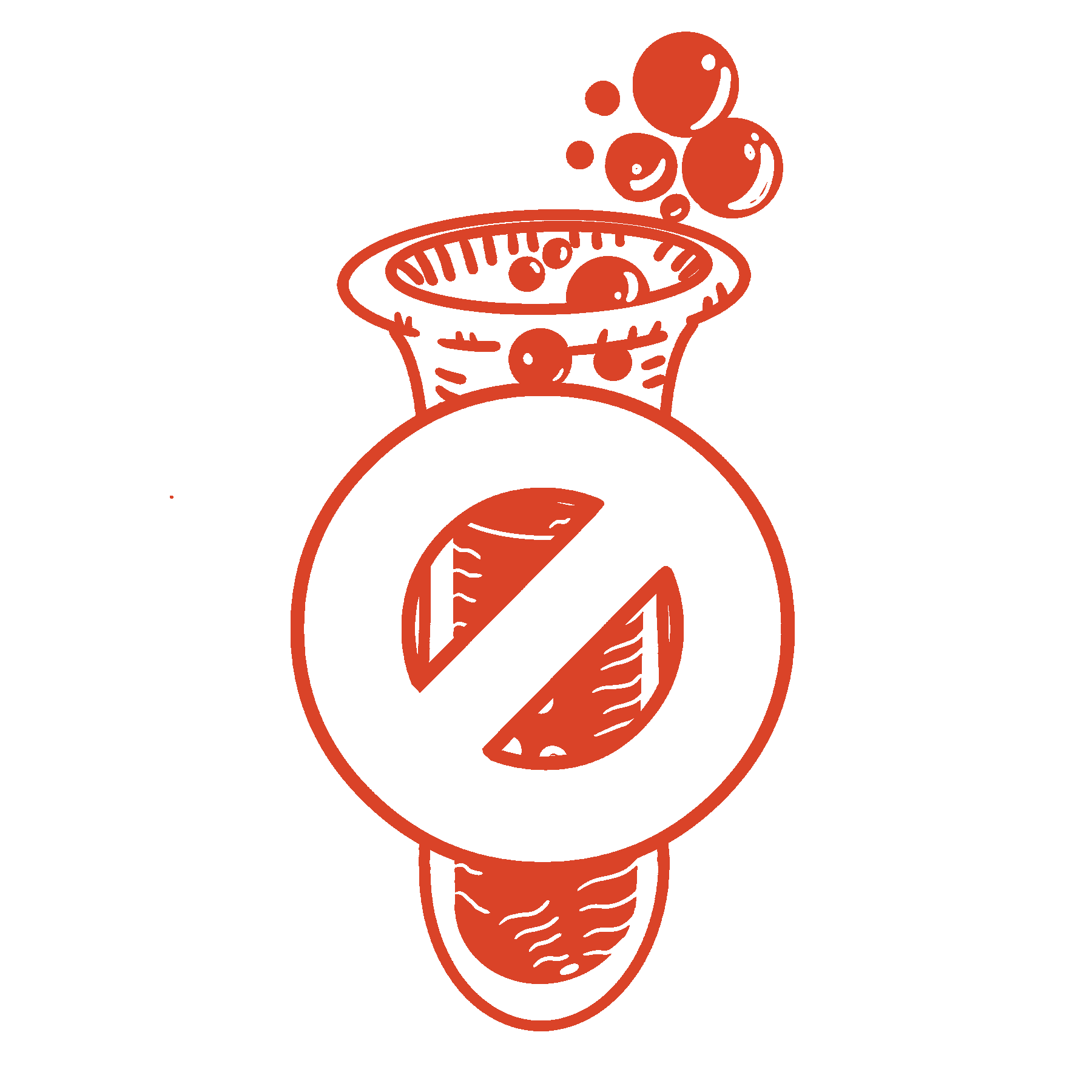
No Additives or Preservatives
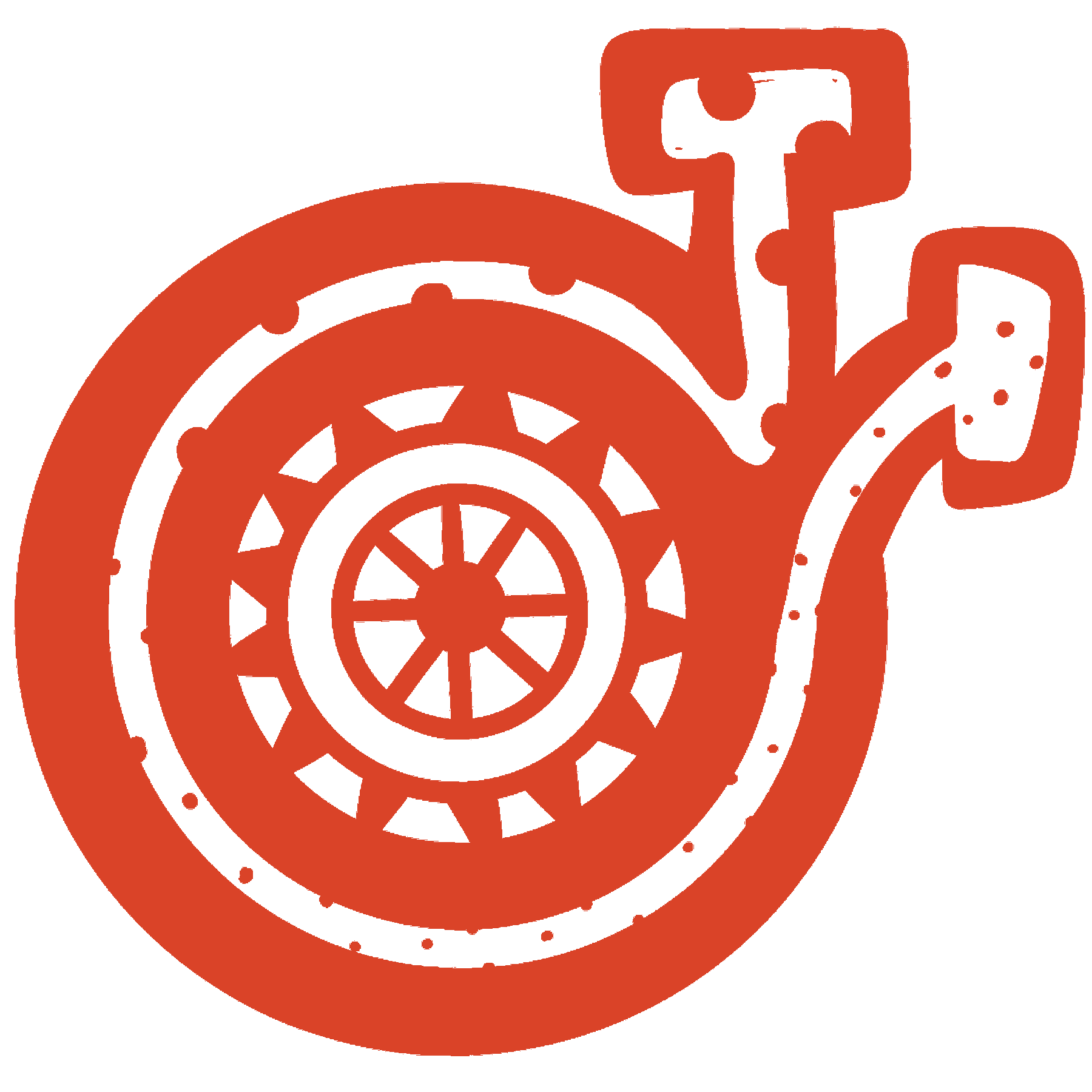
Vintage Unifine Milling
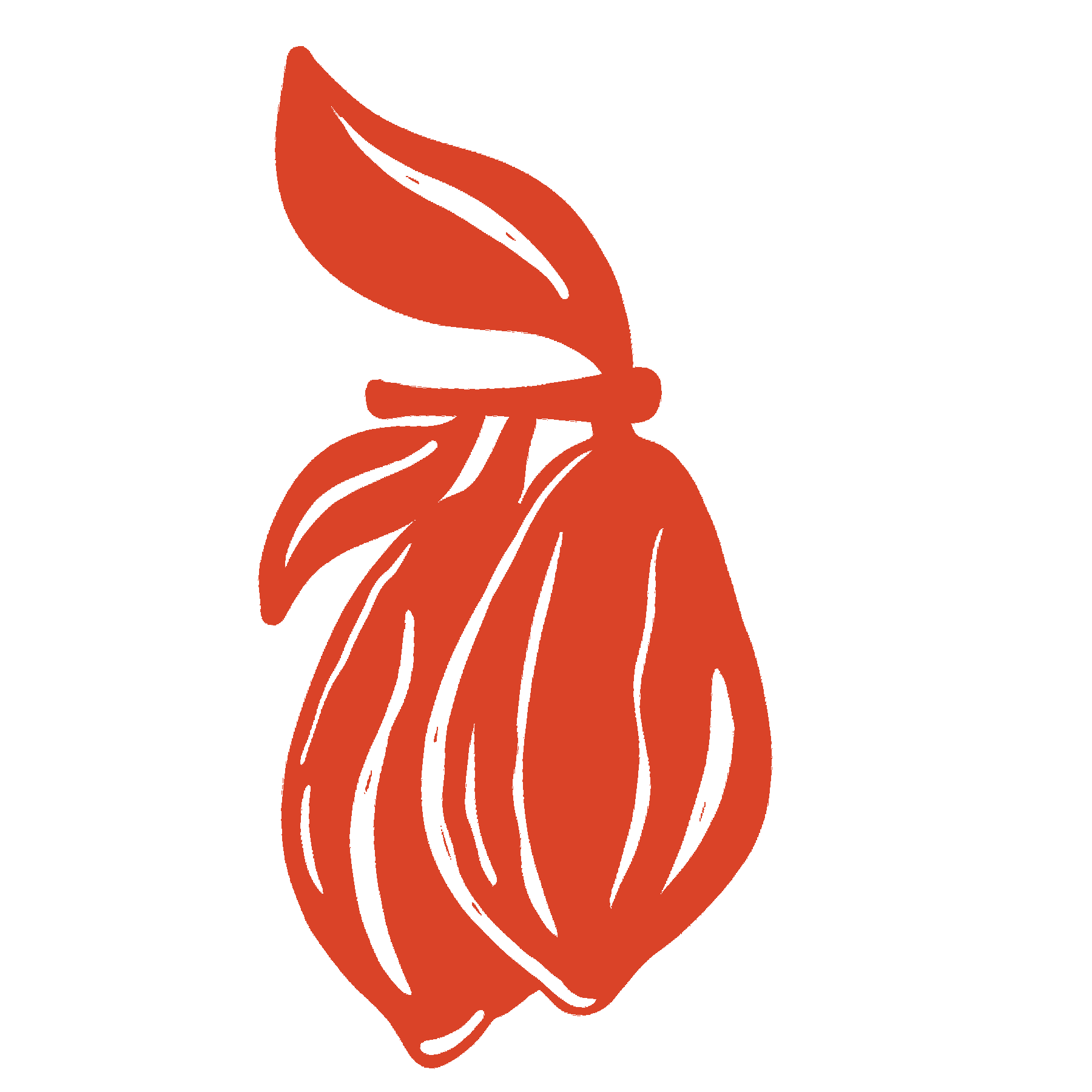
Rich Nutty Flavor
Choose Your Bundle
The Perfect Flour
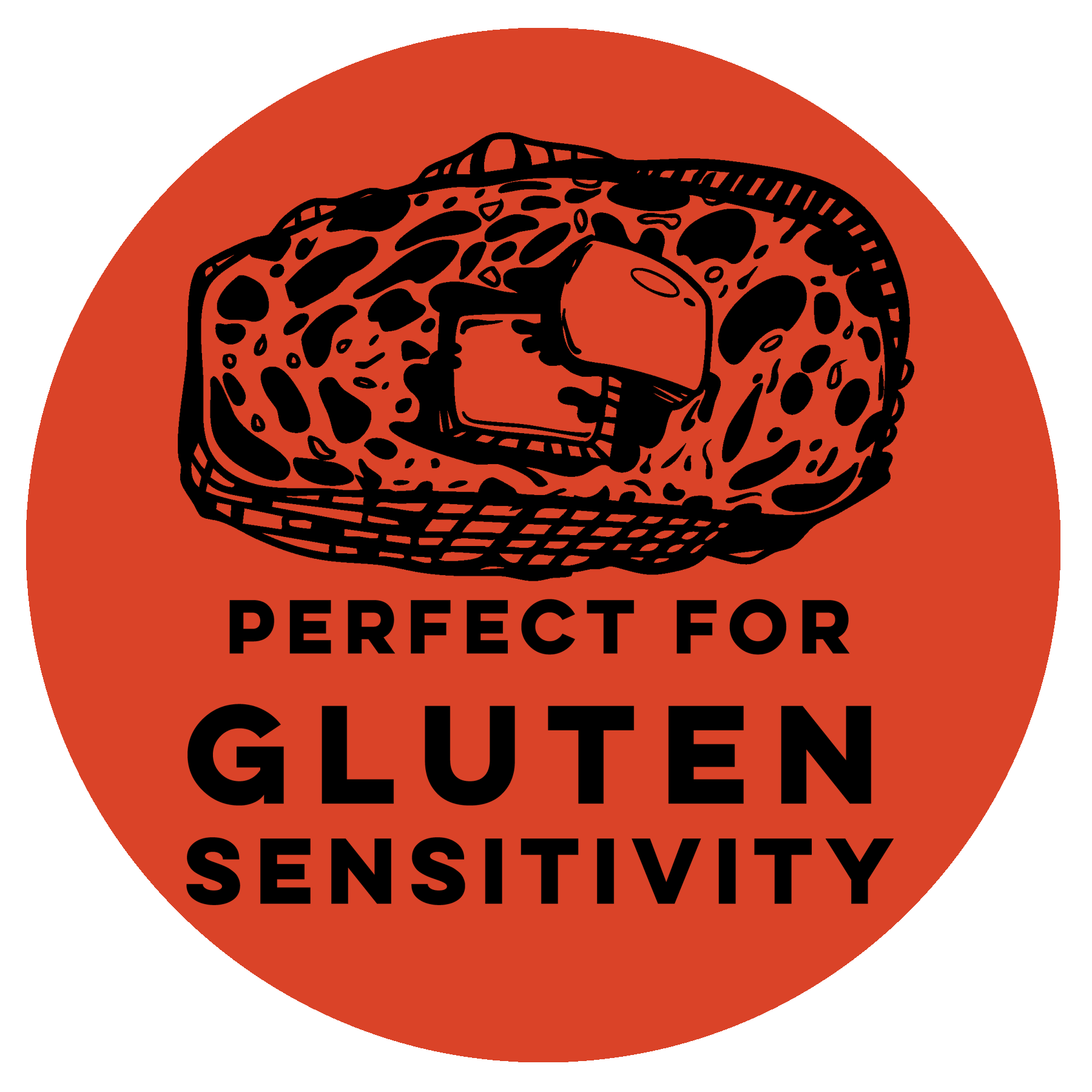
Sunrise Flour Mill
vs. Big Flour
We’re not working with farmers—we ARE the farmers. We grow organic heritage wheat and mill it fresh, minimally processed to keep its nutrients intact - the type of food we nourish our own families with. Never bleached, never bromated. Easier to digest, richer in flavor, made for living every day from scratch.

Other Flour Brands
Single-source, organic heritage grains like Turkey Red & Sonora
Modern hybrid wheat bred for yield
We are the farmers who grow and mill the wheat
Corporate-owned, distant from the land.
Fresh-milled in small batches to keep nutrients and flavor
Processed for shelf-life, stored for months or years
Naturally nutrient-rich, no need for enrichment
Stripped, then “enriched” with additives
Never bleached, never bromated, no conditioners
Bleached, bromated, dough conditioners for speed
Easier to digest, loved by the gluten-sensitive
Harder to digest for many people
From our farms to your kitchen
From anonymous, commodity supply chains

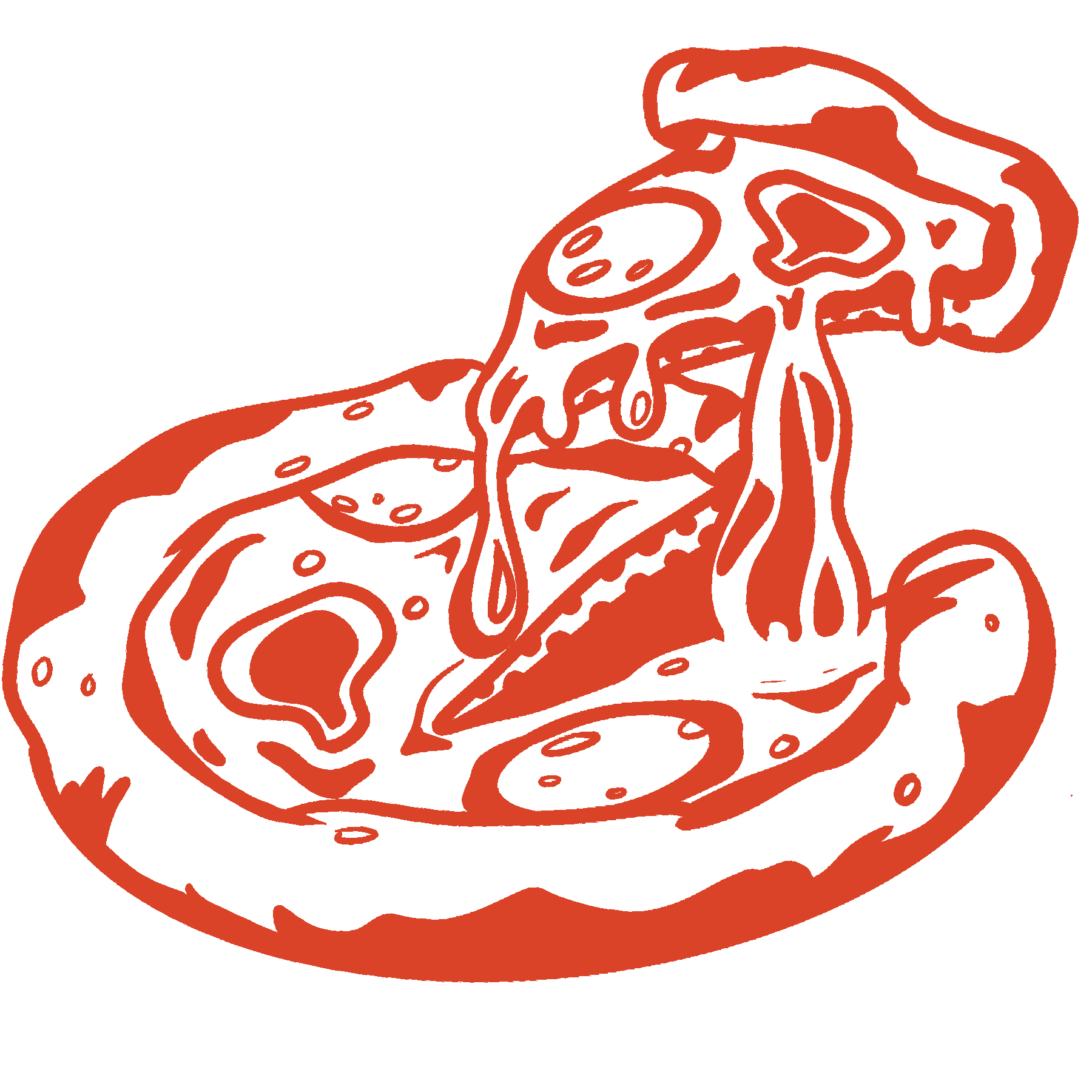
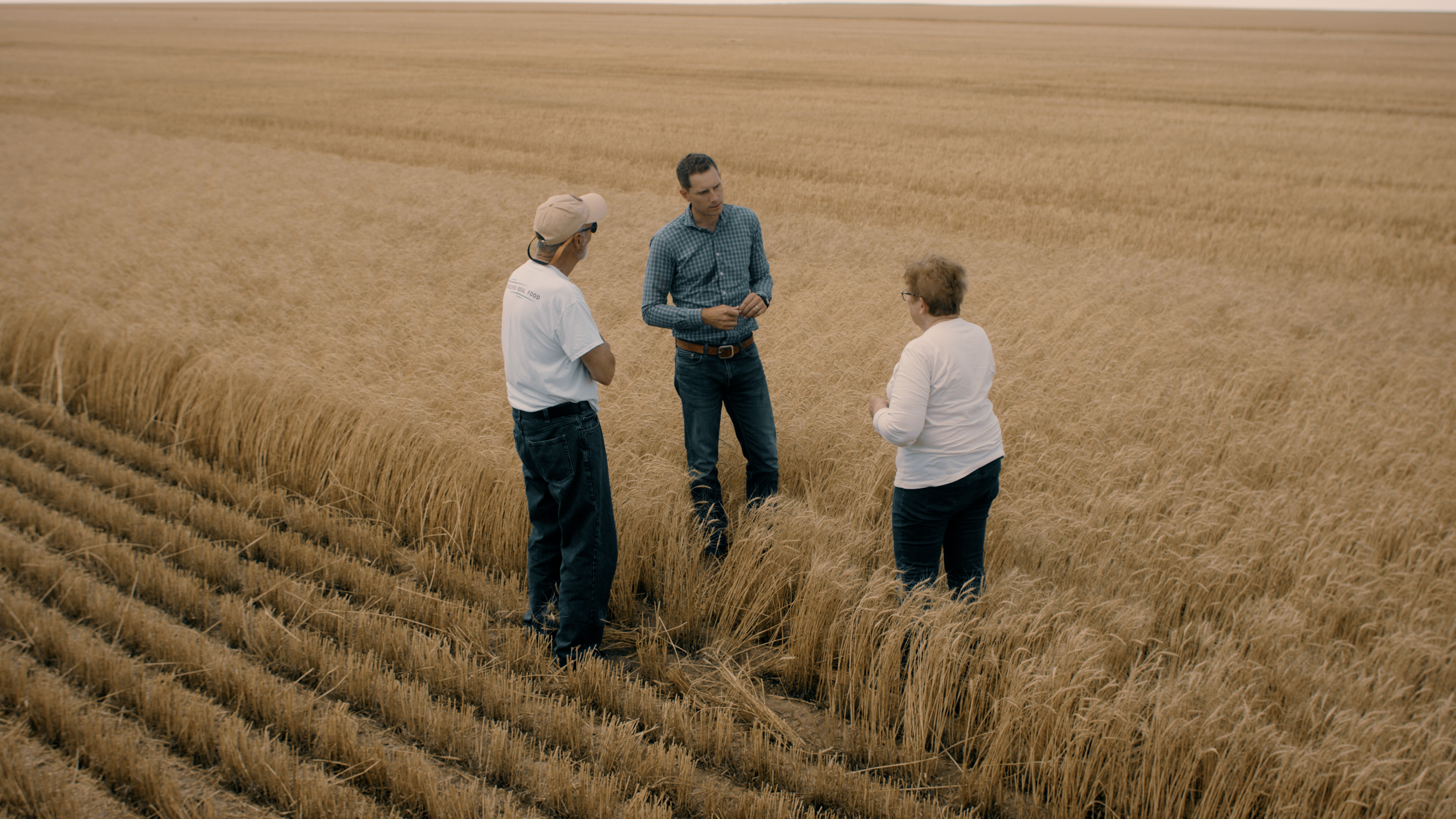
Our Story
Sunrise Flour Mill was founded in 2007 by Darrold and Marty Glanville, two bakers chasing a question: why didn’t bread taste—or feel—the way it once did? Their search led back to heritage grains like Turkey Red and White Sonora, and to the Unifine mill, a 1930s invention that doesn’t grind but shatters wheat into an exceptionally fine flour. The result is flour that’s light, flavorful, and true to its roots.
In 2024, we partnered with CEAD Farms and became a farmer-owned, vertically integrated company with full traceability from seed to shelf. That means we know every step of our flour’s journey—from the soil it grows in, to the hands that mill it, to the loaves it becomes in your kitchen.
We believe food should be honest, and life is best lived from scratch. Our heritage grains carry forward traditions worth keeping: self-reliance, patience, and the simple pleasure and freedom that comes from feeding one another. We don’t bleach, enrich, or add chemicals—because good food doesn’t need shortcuts. It needs time, care, and people willing to get their hands dirty.
Sunrise flour isn’t just for perfect bakers. It’s for anyone who believes in the slow rise, the imperfect loaf, the kitchen table that gathers family and friends. Pure, simple, and made to remind us that the best things in life still come from the ground up.
Frequently Asked Questions
Have questions about our flour, or our grains? You’re not alone. We love helping people rediscover bread and flour that actually works for them. Here are some of the most common questions we hear.
What is Heritage Wheat?
Heritage Wheat is pre-hybridized, pre-1950’s wheat that many people find more digestible. There have been many changes in wheat since the 1950s and the introduction of intensive plant breeding has made modern wheat more challenging to digest.
Many are rediscovering the joy of wheat again with our heritage grains.
Why is it easy-to-digest and more nutritious?
Wheat has been hybridized over the years to increase yields. As a result, the gluten structure in wheat has changed, which correlates with a significant increase in gluten sensitivities over the past 50 years. This hybridization has also decreased the mineral content resulting in loss of both nutrition and flavor.
We use exclusively pre-hybridized wheat that has an unaltered gluten structure, does not require the intervention of man to grow, and has been minimally processed to retain maximum flavor and nutrition.
How is it "Beyond Organic"?
Our wheat is grown in our fields for your family. We have control of the entire wheat journey from the moment the seed is placed into the ground of our organic fields to the moment it arrives on your doorstep. Glyphosate is never used on our wheat. Period.
With our unwavering commitment to quality in each part of the wheat journey from field to flour, you can rest easy knowing you’re getting the absolute best flour on the market.
Why is our milling process unique?
We use a high-velocity milling technology from the 1930’s called the “Unifine Mill”. This mill shatters it into minute particles, yielding the finest whole wheat grind on the market.
We resurrected the old mill, we resurrected the old wheat, and we resurrected the old flavor. Is new really always better? We found the exact opposite.
Are you “regenerative”?
There’s no single, universally agreed-upon definition of “regenerative.” Some people picture year-round cover crops, others focus on carbon accounting, while others emphasize biodiversity. What ties them all together are the principles—improving soil health, reducing disturbance, protecting water, and building resilience.
We follow those principles, but in our ultra-dry, windy climate they look different than they do in wetter regions. In places with more rain, “regenerative” often means planting cover crops every season. Here, that approach can actually hurt more than it helps—using up precious soil moisture and lowering the next wheat crop’s yield.
So instead, our focus is on:
Protecting soil with residue and stubble to guard against wind erosion.
Limiting disturbance with minimal tillage to hold onto every drop of moisture.
Rotating crops carefully so the land can rest and recover.
Using cover crops only when conditions allow, so we build soil health without stealing water from our wheat.
For us, regenerative isn’t a rigid checklist—it’s about applying the principles in a way that fits our land. In Eastern Colorado, the most regenerative choice is often the one that saves water, shields the soil, and helps the wheat thrive. That’s how we farm: rooted in the realities of our climate, with the same goal farmers everywhere share—healthier soil, resilient, and good food.








